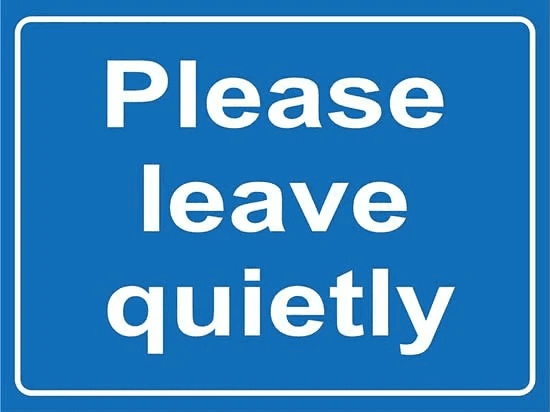
Being in an emergency is never easy, nor something people do for fun. It is a serious situation, which requires an equally serious professional to resolve it in the most effective way possible.
Unfortunately, becoming a locksmith in Newcastle, or any other city, does not require any accreditation, exam or test. All you have to do is call yourself a Locksmith. Yes, that’s all it takes.
This is why opportunistic business people, as well as ill-intended individuals, will take full advantage of these two things: the fact you are in an emergency, and the fact anybody can call themselves a Locksmith, and charge whatever they want on top of that!
So what does it mean? Well, how about a visual to make the message clear?
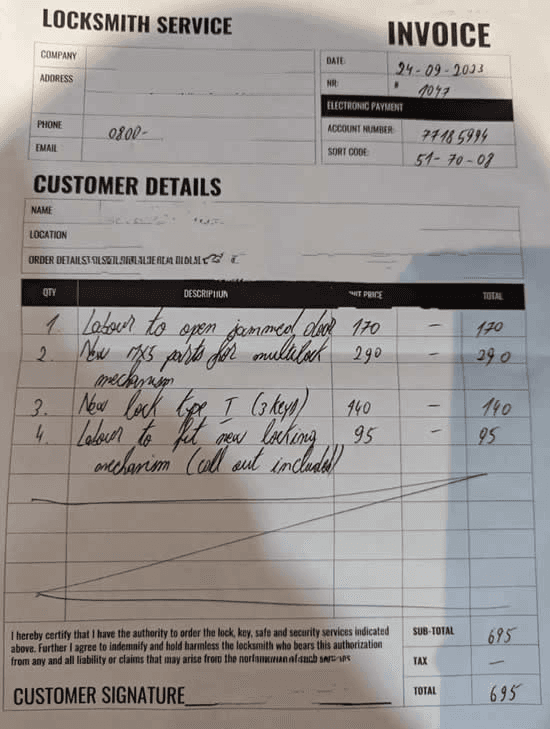
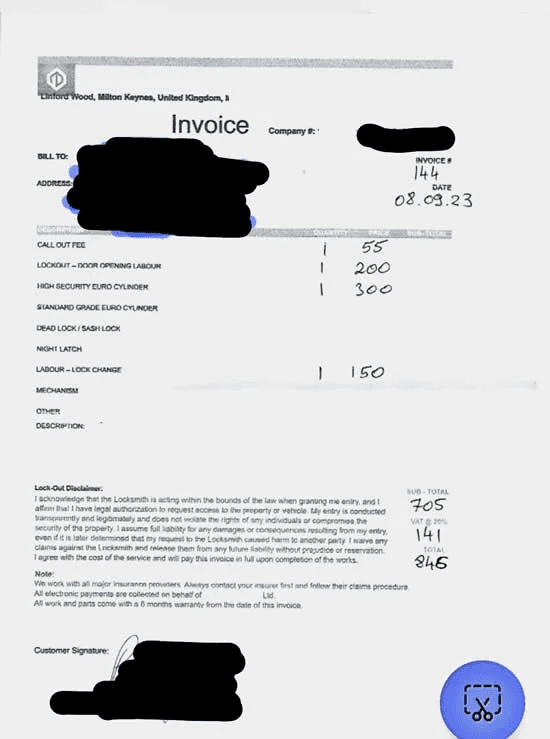
Above: Two PAID bills sent by rogue locksmith companies, including one from Milton Keynes.
As you can see, this is the kind of bill that nobody wants to deal with. We could almost compare these with the insane medical bills people are slapped with in the USA after treatment for an ingrown toenail. Insane charges, and I would bet anything the quality of lock work done for this job was as bad as it was expensive. How do I know? Because most of the time, this is what the lock looks like whenever someone without skills tackles your door:
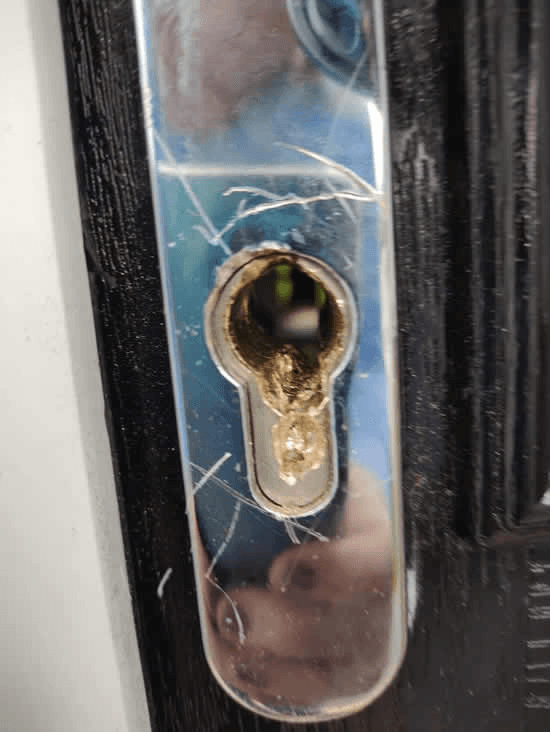
A lock ‘repair’ done by a rogue locksmith in the UK.
So, now that we’ve established that some companies will botch your doors while scamming you out of a week’s holiday for two in Ibiza worth of life savings, let’s establish what you should be doing to minimise your chances of getting scammed by a Newcastle locksmith.
Step by step…
Before even calling: check the locksmith company. Are the reviews good? Is the number a local 0191, a 07, or a suspicious 0800/033 number? Are they listed on reputable directories such a Check a Trade? Most, if not all scam locksmiths will not be found on reputed directories, as they are unable to pass the vetting process.
During the call: Ask the person you’re talking to if they are the one who will attend the job. Why? Because most scam companies are run by call centres, and the phone lines are attended by staff with nothing but a script and a predetermined amount of calls they have to convert into a job.
Extra tip while you’re on the phone: ask for the price, but not for the reason you think. Almost every scam locksmith company will do two things, quote you low, most of the time £49/£59 (and will end up charging multiples of that by the time they’re finished), and give you a conditional or vague statement along with their quote. For example: “prices start at £49″, or “£59 if straightforward”.
Once the locksmith is at your door: confirm any price you were given, as well as their identity, since you asked earlier who was going to show up. Any discrepancy between what was told over the phone and what this locksmith tells you will be a huge red flag, unless coming along with a reasonable explanation.
During the job: if the locksmith decides he needs to use destructive means (e.g. drill your lock/damage your door) without trying anything else first, this is also a huge red flag. Let’s put it this way, if you had your key would you be able to open the door? If the answer is “yes”, then a good locksmith will be able to get you back in 99.9% of the time without the use of a power tool. If the answer is “no”, you are still well within your rights to ask the locksmith what his plan is, and why he needs power tools/tools to damage your lock or door. See an example of a high security uPVC door lock unlocked non-destructively below:
If you follow the above steps, there is virtually no chance, whatsoever,
that you will invite a rogue locksmith to your door, or a scam locksmith company to do business with you.
If you’ve stayed with me until here, here is a bonus tip for you in case you have called a locksmith for something more mundane, like a lock repair in Newcastle. Be aware of this: as soon as a scammer company has one of their locksmiths working at your door, they will try to put you in a “checkmated” situation. What do I mean by “checkmated”? They will try to deliberately break something or make it impossible to use your door. Why? Because even if you realise you’re being scammed, you now won’t be able to chase the locksmith off your property and lock your door, since your door now doesn’t work anymore! This is usually enough for a lot of customers to simply accept their fate, wait until the job is done, and pay.
So what are you supposed to do about that if you are unfortunate enough to arrive at that point?
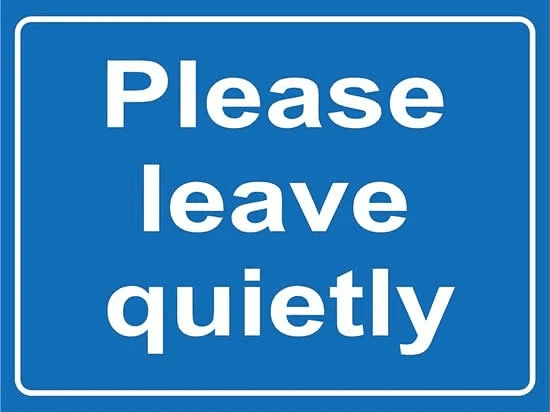
They may raise their voice, threaten you or your property, threaten to call the authorities, but I assure you they cannot do anything about you telling them to leave. Do you remember? They are scammers! They can’t force you to pay. They can’t involve authorities, as this would put them at great risk of being uncovered, and they can’t engage in legal procedures either, because they put themselves in the wrong by unnecessarily damaging your property. So you just tell them to leave. Calmly, yet firmly. And once they do, you call a proper locksmith and explain your situation. We deal with scammer and rogue locksmiths on a regular basis, and we know how to fix their mess.
Lastly, if you were a victim of scam/rogue locksmiths in Newcastle despite all of the above, you can report your situation to the Master Locksmiths Association (MLA) by clicking here. If you do, make sure you take plenty of pictures because every little bit of information helps.
I truly hope this will end up preventing at least one person from getting scammed. If you found this helpful, or if the above actually did help you, feel free to tell me about it, drop me a text or a call at 07865 367298 and tell me your story. I’d be glad to hear about it.
Published: 13th November, 2023 | Updated: 9th February, 2024